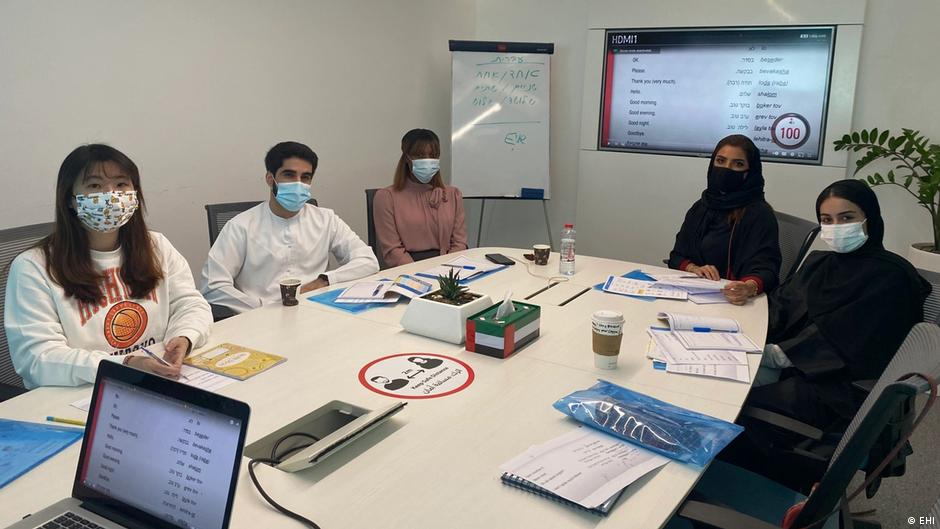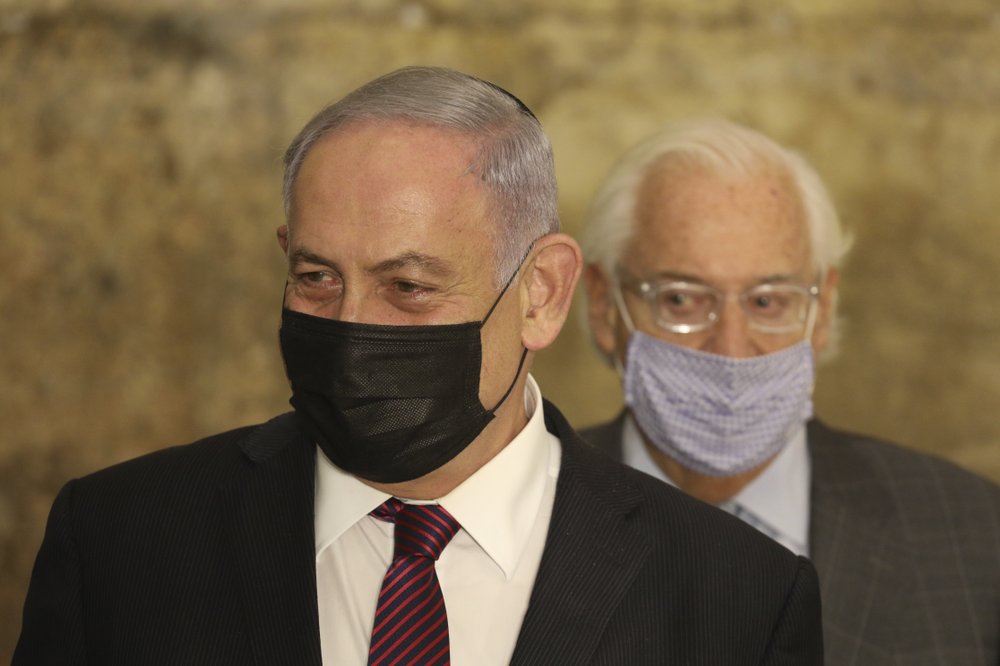The Arab-Israeli conflict poses a challenge to Euro-Mediterranean cooperation, according to the head of the Union for the Mediterranean.
“Realization of the comprehensive development of Mediterranean nations will not succeed without securing peace and stability and resolving the Arab-Israeli conflict," said the general secretary of the Union for the Mediterranean Ahmed Musaada. Musaada was speaking during discussions of the difficulties faced by Euro-Mediterranean nations which took place on Wednesday at the Egyptian Council of Foreign Affairs. He had already met with foreign minister Ahmed Abu al-Gheit as well as al-Sayyed Amin Shalbi, the executive director of the Union and Mahmoud Karam, secretary general of the National Council on Human Rights.
Musaada observed that the achievements of the Union for the Mediterranean have not so far met the ambitions and needs of Euro-Mediterranean, and pointed to political tensions in the region as a particular impediment during its first two years.
The Union, a forum for dialogue and partnership between European Union member states and African and Middle Eastern countries in the Mediterranean Basin, was created through the Barcelona Process in 2008.
Musaada expressed his gratitude for the creation of a special fund to support infrastructure-building projects. This consists of a new agreement for cooperation between three monetary foundations in the North, and two in the South, one of which is from Egypt. The project is beginning with funding of up to 400 million Euros.
Musaada highlighted the Union General Secretariat’s intention to undertake a number of projects serving the priorities of member nations and benefiting the people of the region in clear and tangible ways, through policies targeted at building peace and stability, and economic development. These plans include fighting pollution in the Mediterranean Sea, establishing maritime transport routes between countries in the South and the North, and promoting solar and other renewable energy sources.
He continued, “There is no doubt that funding the Union of Mediterranean Nations is the greatest task that the General Secretariat faces, given that studies confirm the need for investment of 25 million Euros in the southern Euro-Mediterranean region,” and pointed out the benefit of these investments in creating new job opportunities.
Musaada made it clear that there are positive indicators which reflect the interest of international organizations and the private sector in directing investment towards plans recommended by the Euro-Mediterranean Union, adding that the World Bank Clean Energy Fund had recently offered a loan worth 750 million dollars for funding solar energy initiatives.




